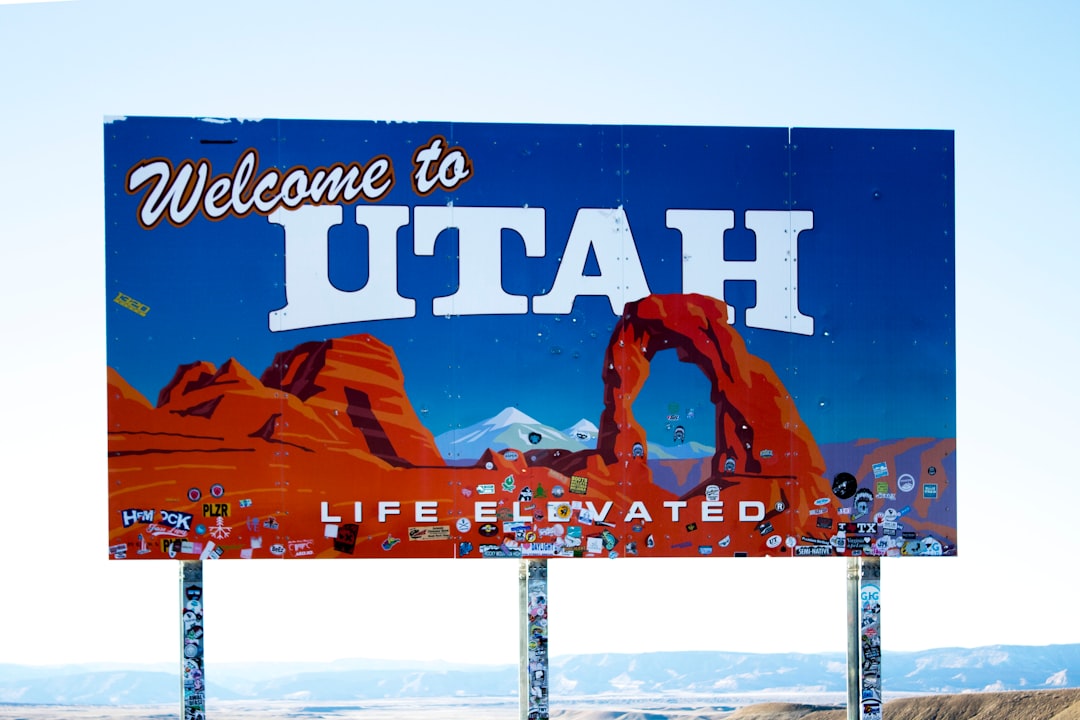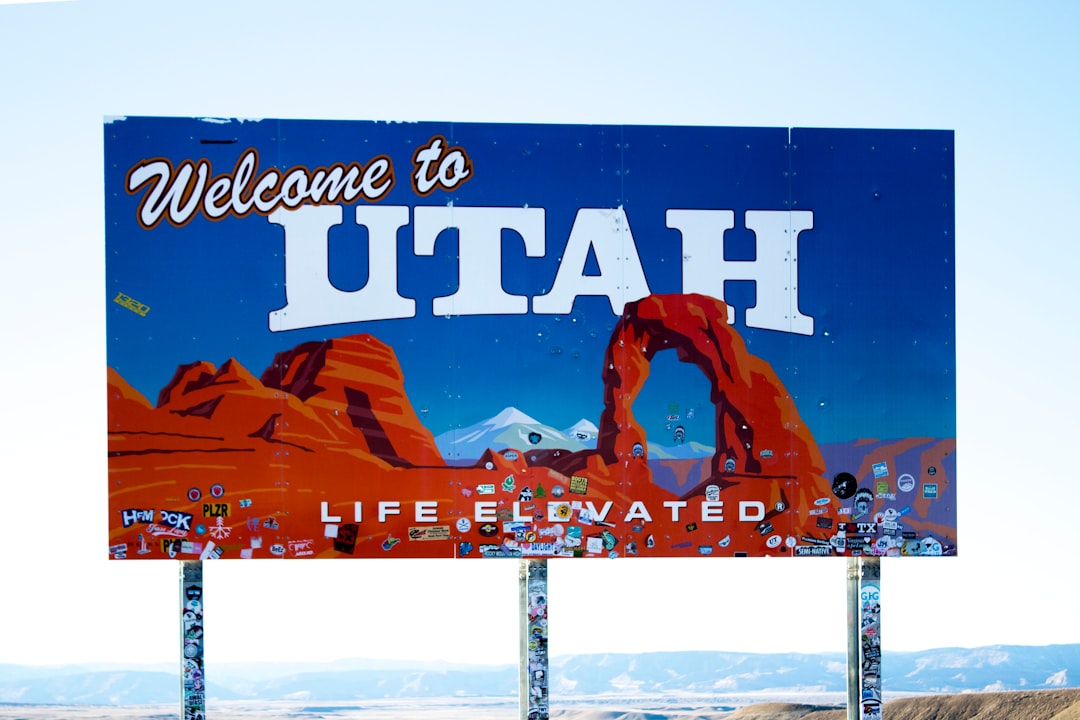In Cedar City, identify spam calls by spotting patterns like prerecorded messages or "spoofed" IDs. Utilize Utah resources and engage a TCPA lawyer to understand your rights under the Telecommunications Consumer Protection Act (TCPA). Consult a Spam Call Law Firm Utah or Lawyers specializing in TCPA Utah for legal action against persistent spammers while protecting privacy.
As a Cedar City resident, receiving suspicious calls can be frustrating and worrying. With various spam call tactics evolving, it’s crucial to know your rights and how to protect yourself. This guide provides essential steps when encountering such calls. We’ll walk you through assessing if it’s a spam call, taking immediate action to stop them, and understanding your legal options under Utah’s Telecommunications Consumer Protection Act (TCPA) with the help of specialized law firms. Learn how to navigate these situations effectively and regain control.
Assess the Situation: Is it a Spam Call?

When you receive a suspicious call in Cedar City, it’s crucial to take a moment and assess the situation. Is this a genuine communication or a spam call? Many residents often face unsolicited calls from unknown numbers, which can be distressing. If you suspect it’s a spammer, there are several steps you can take to handle the situation effectively.
One way to determine if it’s a spam call is by looking for common patterns. Spam callers often use automated systems to make bulk calls, so they may leave voicemails or play prerecorded messages. Additionally, they might pressure you to provide personal information or offer deals that seem too good to be true. If you suspect such behavior, consider using tools and resources available in Utah, like those offered by spam call law firms, to understand your rights and take legal action if needed. Engaging a lawyer specializing in TCPA (Telephonic Consumer Protection Act) in Utah can provide guidance on how to stop spam calls effectively and ensure your privacy is protected.
– Identifying common characteristics of spam calls

Spam calls are a common nuisance, but recognizing their characteristics can empower Cedar City residents to protect themselves. Often, these calls originate from automated systems or third-party marketing firms, aiming to sell products or services in violation of federal and state laws, such as the Telephone Consumer Protection Act (TCPA).
Typical signs include pre-recorded messages, repeated calls from unknown numbers, or a sudden surge in calls after signing up for a service. Some spam callers may also use techniques like “spoofing,” where they manipulate caller ID information to display false numbers. Knowing these patterns can help residents identify and report such calls effectively. Engaging the services of a reputable Utah-based spam call law firm, complete with experienced lawyers specializing in TCPA cases, is a proactive step towards preventing and stopping these unwanted intrusions while ensuring compliance with local laws regarding how to stop spam calls.
– Understanding the TCPA (Telecommunications Consumer Protection Act) and its relevance in Utah

In Utah, including Cedar City, the Telecommunications Consumer Protection Act (TCPA) plays a vital role in safeguarding residents from unwanted and harassing phone calls, commonly known as spam calls. This federal law was enacted to prevent companies from engaging in abusive telemarketing practices and intruding on consumers’ privacy. The TCPA grants individuals the right to seek legal redress against violators and gives power to a spam call law firm or lawyers specializing in TCPA Utah to take action on their behalf.
Understanding this law is crucial for residents looking to stop spam calls. It allows for strict penalties against companies that make or cause others to make prerecorded or automated calls to any telephone number assigned to a wireless telephone service without the prior express consent of the called party. If you’re facing relentless spam calls, consulting with a lawyer for TCPA Utah can help you navigate your rights and options under this important consumer protection legislation.






